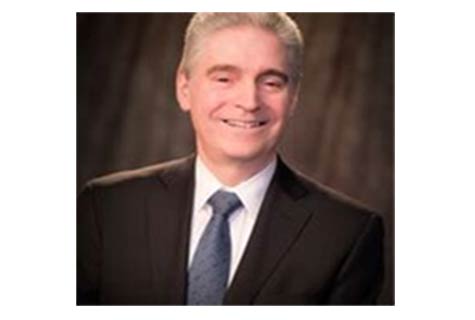Lessons from Australia
By Dr. Michael J. Salamon
A plague of childhood sexual abuse of students by teachers over many years at yeshivot in Australia, and the prodding of Manny Waks, a victim who as an adult became an advocate, led to the appointment several years ago of a Royal Commission to study the situation. Although preliminary findings were issued two years ago, the final commission reports were just released. Cover-ups on the part of school administrations, rabbis, and the community as a whole were placed under the scrutiny of an objective outside panel of experts who interviewed a wide range of people – rabbis, teachers, victims, professionals, advocates, etc. The results are scathing. One of the reports made it clear that children were, in fact, regularly abused. When attempts were made to stop the abuse, the schools failed to act, abusers were protected – and when families attempted to confront the abusers and their protectors, they were victimized all over again. Additionally, the commission found that the organizational culture at the yeshivot perpetuated a climate that was “conducive to the perpetration of child sexual abuse.” Foremost among the findings was a deep organizational desire on the part of yeshiva leaders to conduct their own investigations into alleged abuse rather than refer them to the trained professionals connected with secular authorities. An additional conclusion was that the yeshivot created an environment that promoted secrecy among students, which only served to assist in the development of circumstances that promoted abuse. Following the report’s release, the chief rabbi of the Great Synagogue in Sydney and secretary of the Rabbinical Councils of Australia and New Zealand, Rabbi Dr. Benjamin Elton, stated, “If somebody has failed to carry out their legal obligations to protect children, then they ought not to be in the position of leadership in their community.” He went on to declare: “Some rabbis have lost their right to serve our community.” It is important to note that in virtually every state in our own country there are very clear legal obligations to report suspected abuse of any kind to the authorities. If a mandated reporter does not make the report, he can lose his license to practice his profession and is subject to a variety of civil and criminal prosecutions. Rabbis who work with children are subject to the same rules. Rabbi Elton’s statement about protecting children carries legal weight in the U.S. A rabbi who works with children and who suspects (or is told of) abuse and does not notify the authorities can face jail time. I was approached by someone who asked me why this issue is such a hot topic right now. My response was that it’s about time. When I first started writing about childhood sexual abuse in our communities, I was overwhelmed by the many people who contacted me to tell of their own victimization. There were people in their twenties, thirties, and older. There were even a few as old as 80. Childhood sexual abuse is not a new plague but an ongoing problem – a problem that should finally be addressed. Research has shown that one in four girls and one in about six boys are sexually victimized before age 18. There is no reason to believe these findings are any different in the Jewish world. In fact, the one study of Jewish women that was published affirmed these rates of abuse. We are at a crossroads. Recently, following the yeoman efforts of David Nyer, an Orthodox social worker, some 300 rabbis signed a declaration that any alleged abuse be reported immediately to secular authorities. Many rabbis in the haredi world have also stated publicly that when there is suspected abuse one should not contact a rabbi but must report it promptly and directly to the secular authorities. There is, however, a large group of rabbis who take the position that they must first determine if there is “raglayim ledavar” or reasonable evidence to approve reporting first. This is unfortunate. Any delay in reporting allows abusers to continue their abuse and find supporters to protect them. It also in effect denies the research that has found that fully 98 percent of reports of sexual abuse are accurate. Only a trained professional can conduct a proper investigation. Not reporting creates a climate, as the Royal Commission found, that perpetuates abuse, secrecy, and “revictimization.” More disheartening for me as a mental health professional is that when community leaders undertake to investigate the possibility of raglayim ledavar, the individuals they consult with in the mental health field are forced into ethical and legal quandaries by not insisting that the rabbis report the suspected abuse immediately. I hope we never come to the point where commissions are appointed in other schools and communities and more rabbis will be forced to step down. Dr. Michael J. Salamon About the Author: Dr. Michael J. Salamon is a fellow of the American Psychological Association and the author of numerous articles and books, most recently “Abuse in the Jewish Community” (Urim Publications). If you don't see your comment after publishing it, refresh the page. Our comments section is intended for meaningful responses and debates in a civilized manner. We ask that you respect the fact that we are a religious Jewish website and avoid inappropriate language at all cost. If you promote any foreign religions, gods or messiahs, lies about Israel, anti-Semitism, or advocate violence (except against terrorists), your permission to comment may be revoked.
|
.
Any original material on these pages is copyright © BishopAccountability.org 2004. Reproduce freely with attribution.
